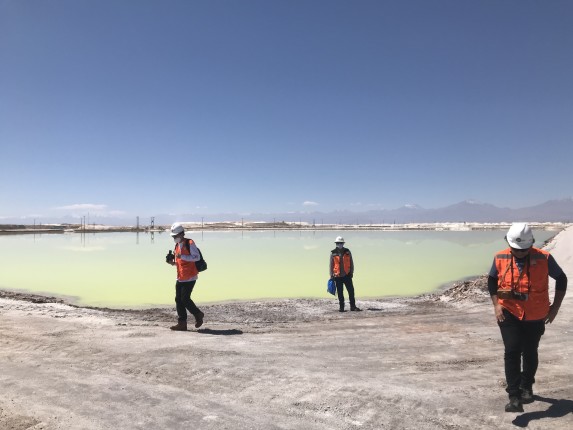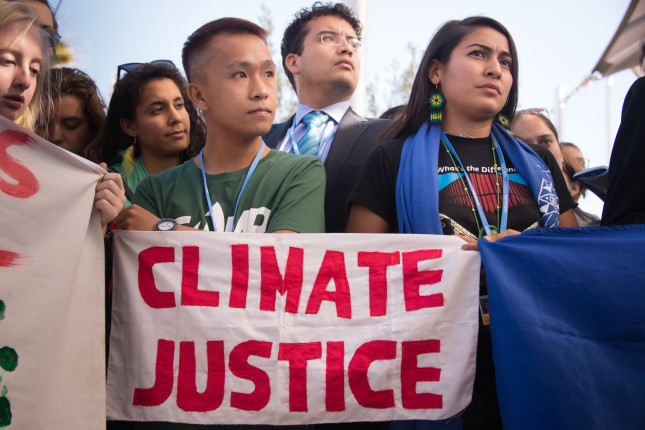-
Plastic River: Following the Waste That’s Choking the Chao Phraya
›China Environment Forum // Guest Contributor // Vulnerable Deltas // June 16, 2022 // By Wanpen Pajai & Mailee Osten-Tan (Photographer)The Chao Phraya River is born from mountain streams in northern Thailand, flowing hundreds of kilometers south to the sea. By the time the river travels through Bangkok and empties into the Gulf of Thailand, it is carrying huge quantities of plastic waste – an estimated 4,000 metric tons every year, equal to the weight of 26 blue whales. The plastic clogs the river along its course, drastically impacting communities and the waterway’s ecology. The Third Pole traveled from the Chao Phraya’s beginnings to the sea to explore what’s happening to one of Southeast Asia’s most important rivers. -
The Safe Delivery App Puts Better Maternal and Newborn Outcomes in the Palms of Health Workers’ Hands
›
Reducing maternal mortality is key to promoting population health. It is also a main priority of the UN General Assembly’s Sustainable Development Goals. And the reasons for concern are clear. Globally, 800 women and 6,500 infants die during pregnancy and birth every day. More than 94 percent of these deaths occur in low-and-middle-income countries (LMICs).
-
A Climate Finance Rethink Can Help Those Most Impacted by Climate Change
›
The massive floods, heat waves, raging wildfires, and devastating droughts of 2021 brought the present reality of climate change’s catastrophic impacts on people and ecosystems home to our doorsteps.
-
Extracting Opportunity in the Renewable Energy Transition
›
Few people can name from memory the materials required for wind turbines, photovoltaic panel semiconductors, and electric car batteries. The list is too long, but among the more recognizable minerals used in renewable production are aluminum, lithium, cobalt, iron, copper, lead, and nickel.
-
Reclaiming Community Identity through Opera: Voices of Zion
› Community resilience rests on shared experience and history. And while lectures, historic markers, and walking tours commemorate what has come before, only the arts can bring those events—and the people who made them happen—back to life.
Community resilience rests on shared experience and history. And while lectures, historic markers, and walking tours commemorate what has come before, only the arts can bring those events—and the people who made them happen—back to life. -
Chile’s Conundrum: Will Saving a Desert Hinder Global Energy Transition?
›Cristina Dorador has decided that science is not enough. The Chilean microbiologist’s decades of research have convinced her that the unique ecosystem of her country’s Atacama desert is threatened by ever-expanding lithium mines. She has spent years trying to convince the nation’s leaders to protect the place, with little success.
Now, she’s seizing a historic opportunity: Her election to Chile’s constitutional assembly in 2021 has given Dorador a chance to try to change not only Chile’s lithium industry, but the country’s whole approach to natural resources. But will her endeavor have broader implications for the worldwide shift to renewable energy?
-
Chaos Continues: The Impact of the Revocation of the Global Gag Rule
›
Many researchers have documented the impact of the Global Gag Rule (GGR) around the world—and what happens when the policy is in place. “But we don’t know enough about what happens when the policy is revoked,” said Bergen Cooper, Director of Policy Research at Fòs Feminista at the launch of the organization’s new report, Chaos Continues: The 2021 Revocation of the Global Gag Rule and The Need for Permanent Repeal.
-
Disillusioned Youth: A Danger to Democracy
›
Global risks abound these days, from climate change to the next pandemic, as well as acute supply chain disruptions, energy shortfalls, and cybersecurity threats. These challenges play out in a landscape of immense political instability fomented by the Russian Federation, the People’s Republic of China, Iran and others, as well as dangers looming in the potential state collapse of countries like Afghanistan, Yemen, and Sudan. Taken together, the risk tally of our moment is mounting quickly.
 A Publication of the Stimson Center.
A Publication of the Stimson Center.

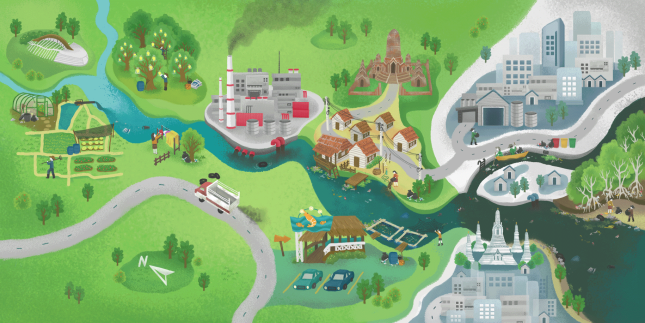

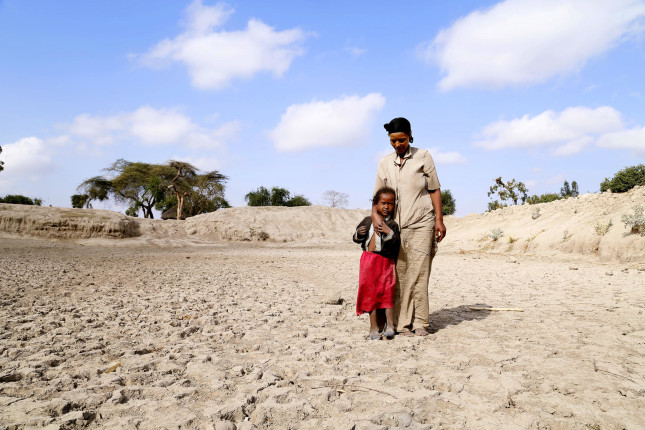
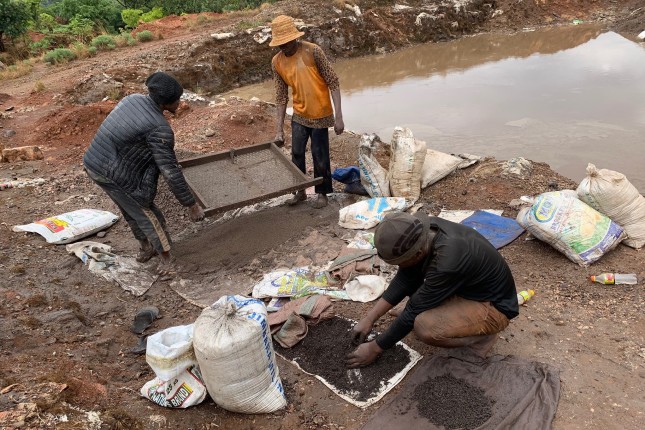
 Community resilience rests on shared experience and history. And while lectures, historic markers, and walking tours commemorate what has come before, only the arts can bring those events—and the people who made them happen—back to life.
Community resilience rests on shared experience and history. And while lectures, historic markers, and walking tours commemorate what has come before, only the arts can bring those events—and the people who made them happen—back to life.